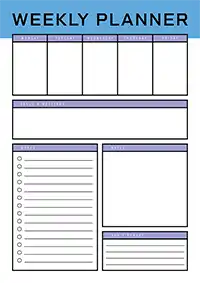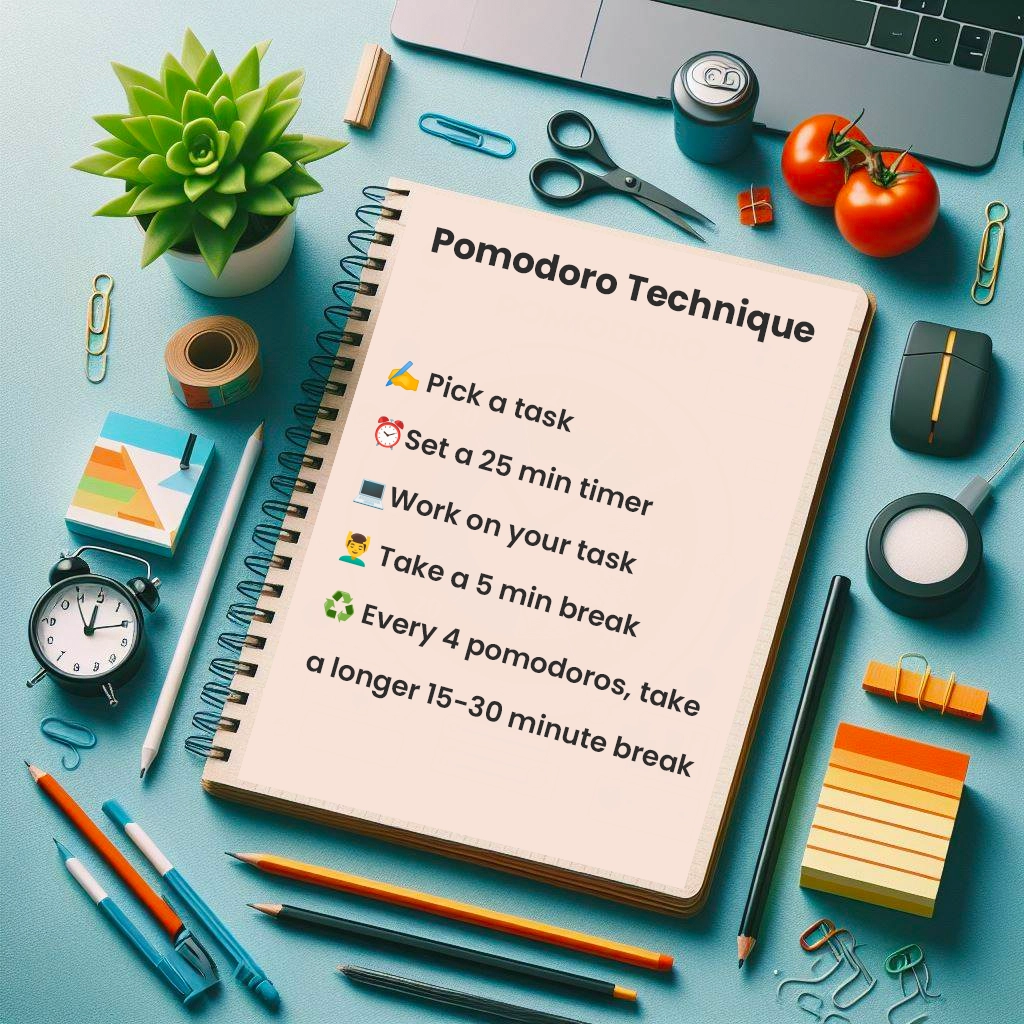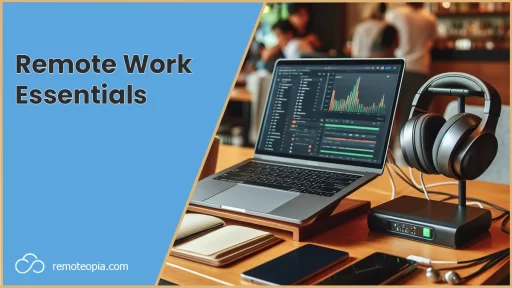
Whether you’re currently working remotely and looking to brush up on a few skills, or you’re after some remote work skills for your resume, this article’s got you covered.
1. Communication
Being able to communicate in a concise, clear way is probably the biggest remote work skill worth focusing on.
As we’re not in the same room as our co-workers and communication isn’t instantaneous, focusing on collaborative measures that speed up solutions and productivity is a must.
🗣️ How To Improve Communication Skills:
- Written comms are more used when remote so focus on clear, concise, to the point messaging to speed up discussions and reduce back and forth messaging.
- Use the right communication tool for the right discussions. A good rule of thumb is use video conferencing for anything in depth, instant messaging like Slack for short queries and email for anything in between.
- Actively listen to others and be empathetic – giving your full attention will help you understand others better and get a better view on their perspectives. This will enable you to collaborate in a better way.
2. Time Management
In the office we tend to have more structure to our day as we synchronize our working patterns to those of our colleagues.
When remote, time management is down to the individual.

Weekly Work Planner
Take control of your work week with this simple to use planner
This can be daunting at first and take a while to become accustomed to, especially if you’re struggling with structuring your working day outside of the office.
⏱️ How To Improve Time Management Skills:
- Create a working environment that limits distractions by removing anything that could easily take your attention away when you’re working. Use headphones to drown out noise. I even put up the ⛔ emoji up on Slack or pause notifications for a couple of hours to blitz through tasks.
- Time management is also about getting the most value out of your working hours. Try to prioritize work that’s most important first and block out the time allocation to complete it in your calendar.
- If you’re still struggling, the Pomodoro Technique can be a great way to create a clinical time management structure to keep you on track.

3. Technical Knowledge
You don’t have to be a tech whiz to work remotely, but it helps to know some basics as the office IT department should be able to support, but aren’t quite as accessible as in office.
Troubleshooting internet issues and making sure your internet speed is reliable along with video conferencing know-how are important.
If you’re working outside of your home, it’s also a good idea to brush up on your VPN knowledge.
💻 How To Improve Technical Knowledge:
- Learning video conferencing tools is fairly straightforward, especially if you’re using one of the main providers, training for Zoom, Google Meet, Microsoft Team and TeamViewer is readily available.
- This article can help you optimize your internet speed from home and you can always tether to your mobile phone if you need backup internet on Android and iOS.
- Reputable providers like NordVPN and Surshark have lots of resources to get you started on learning about VPNs. This article on remote work security is also a useful starting point.
4. Motivation
Most remote workers at some point will be demotivated, so will most workers in general!
There’s a bigger need to train self-motivation as a remote work skill though, as we’re less able to feed off of the people around us in the office.
It’s not all down to you though, sometimes a lack of inspiration from businesses and their leadership can lead to demotivated employees.
So take time to consider what’s demotivating you and whether it’s in or out of your control first.
🏃♀️ How To Stay Motivated:
- I find a clear day to day routine can do wonders for keeping me motivated. These take time to finesse, but try some new things to start out and see what works for you.
- Even if your boss doesn’t set clear goals for you, creating them for yourself, no matter how big or small, helps give purpose and meaning to our work and boost motivation.
- Taking time to read through some motivational quotes about work can be a good quick fix to get you energized and back on track.
5. Understanding Ergonomics

I put this one in as I wish I’d known about ergonomics when I started working from home.
Not having a good understanding of how our remote work setup impacts our physical well being can lead to a lot of discomfort, especially long-term.
Learning some basics of how to set our bodies up for long periods of setting is an absolute must.
🪑 How To Learn About Ergonomics:
- I’ve written a full guide on ergonomics which is a good starting point to get to grips with how it all works.
- It’s also worth speaking to your employer about (especially if you have any conditions that make sitting for long periods, typing, staring at screens etc troublesome) to see how they can support you.
6. Cultural Adaptability
Not everyone will work with new cultures in their businesses, but as the working world is becoming more global and connected, those chances are increasing.
Learning how to adapt to new cultures can be a great remote work skill to develop to help you collaborate and thrive in a global workforce.
🌎 How To Adapt To New Cultures:
- Be open minded to other cultures and how they might conduct working practices. I used to work for a French company and when I was working there we would take 2 hour long lunches! I was concerned initially about getting back to the office, but learned quickly to go with the flow.
- It takes time to build cultural awareness. Learn the values and communication styles of a new culture through the meetings and interactions you have with colleagues and proactively take mental notes of differentiations.
- You can always reach out to the local HR team if you’d like to know more about how a working culture in that country differs from your own.
Remote Work Skills Conclusion
I hope some of those ideas helped.
If you have any other remote work skills you’re looking to build on and would like some insights, please feel free to comment on this post below and I’ll be happy to get back to you.

James Waite
Founder of Remoteopia, James has worked in remote roles for 6 years. After a stint in recruitment, he now works as a director of website strategy in tech.




